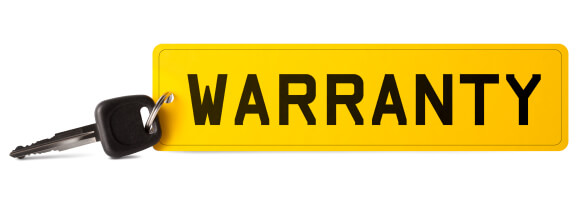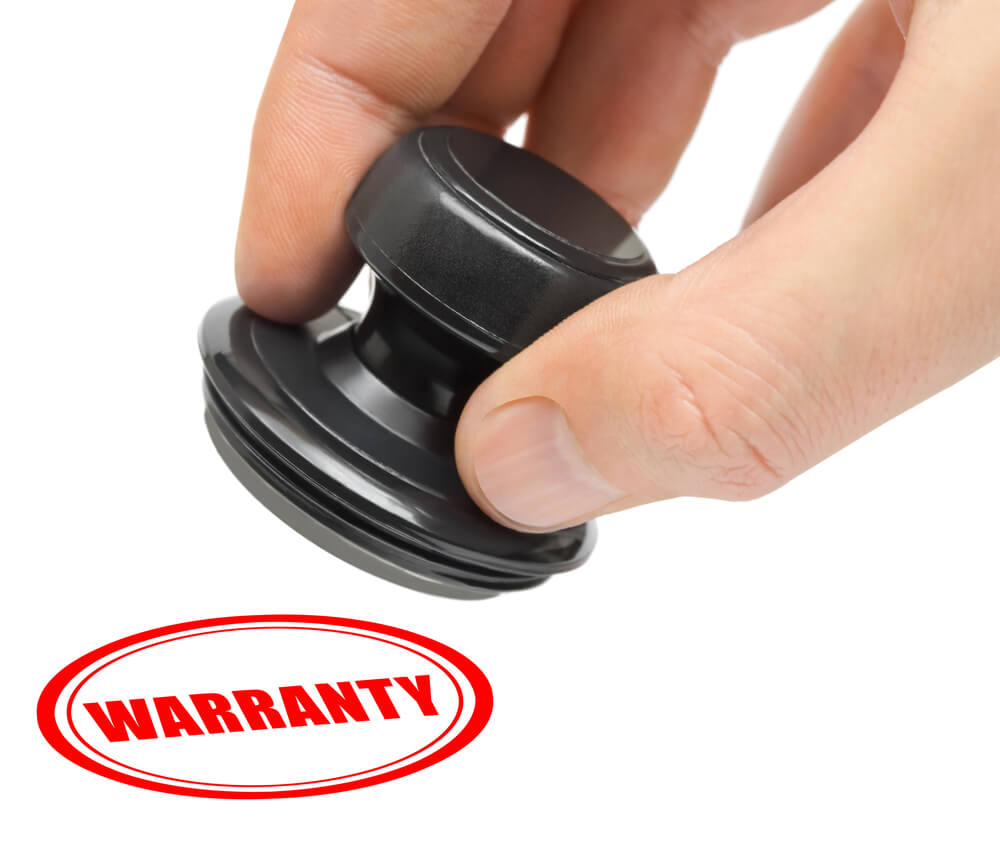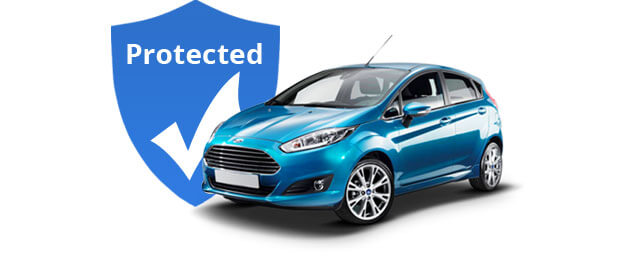Car Warranty Guide

Car Warranties
Are you thinking about buying a car? Here’s what you need to know about new and used car warranties
A warranty is a promise in writing to fix any problems that may arise in a set period of time which gives a consumer peace of mind and saves money in repairs. Many previously owned cars come with some sort of warranty. It may cover components such as the engine, electrics, gearbox steering, suspension and much more.
New car warranty
Every new car comes with some type of warranty which will cover you if anything unexpected happens to damage your vehicle that is not due to wear and tear. Most car warranties range between one and five years, the most common being the three year period. For example, Opel models purchased gives a 3 year/100,000km warranty giving their customers peace of mind when purchasing a car.
Under a new car warranty, a consumer can ask any franchised dealer to resolve their car problem, meaning these warranties are transferable from dealer to dealer. Also, if there is still some time left on the manufacturer’s warranty when it is sold on, the warranty can be transferred to the next owner of the vehicle. The subsequent owner of the vehicle may have to register the warranty again with the dealer on behalf of the manufacturer just to affirm that the warranty will be continuing in the future.
The terms and conditions of the new warranty may vary for each vehicle so make sure you read very carefully. It may even be transferable between countries, known as a worldwide warranty.

Used car warranty
Used cars usually come with some sort of warranty but are not as comprehensive and are a shorter period of time in comparison to new car warranties. They can range from a three-month period to a year warranty. These warranties are non-transferable. This means that if it needs to be repaired, it has to be brought back to the original dealer from which you purchased it from.
The most extensive warranties are manufacturer approved used car warranties from car dealerships. This is known as an ‘approved used vehicle”’. This term often describes a car in that a consumer returned to the dealer who originally sold it.
Used warranties are usually very similar from participating dealerships across the country, but warranty details may still vary from dealer to dealer. They may have their own unique guarantee for used cars and may cover different things so make sure if the car has a warranty that you always read the terms and conditions to check what this covers.
Usually, private sales don’t come with a warranty. If you are buying a used vehicle from a private seller always get the seller's contact details if you have a problem later on. But there may be little you can do if you do discover a problem after the sale. Unfortunately, consumer protection legislation does not cover private sales so the responsibility lies with the consumer to be careful when buying from a private seller and be aware of what they are buying.
You should always get a vehicle history report from a trusted source before you buy a used car. MyVehicle.ie provides the public with the most crucial and relevant information on used cars and can reveal any problems the car has had in the past.

Author

Justin Kavanagh
Justin Kavanagh is a recognised leader
in automotive intelligence and vehicle
data supply to the entire motor industry.
He has almost 20 years experience in
building systems from the ground up.
As the Managing Director of Vehicle
Management System, he understands the
need and importance of trustworthy and
reliable vehicle history and advice to
both the trade and the public.
Follow me on LinkedIn